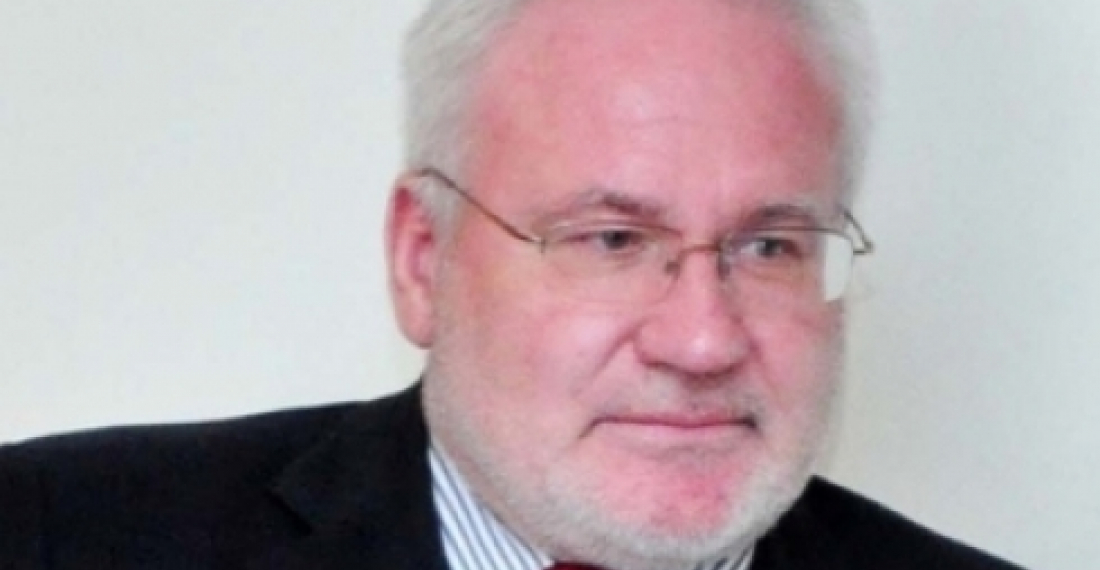Nagorno-Karabakh itself could be represented in the OSCE Minsk Group talks aimed at resolving the conflict between Armenia and Azerbaijan, top Russian diplomat Igor Popov said on Monday.
“This issue is under constant focus of co-chairs when they meet in Armenia, Azerbaijan or Nagorno-Karabakh,” he told Interfax News, adding that the possibility depends on the ability of the other parties to move negotiations forward.
“I think at some stage of the talks, for example after reaching a framework agreement, the possibility for Nagorno-Karabakh to participate in the negotiation process will be considered," he said.
Popov is the Russian co-chair of the OSCE Minsk Group. The other two co-chairs represent the United States and France.
Nagorno-Karabakh is not recognised as an independent state by Armenia, but the Armenian government recently granted permission to parliament to debate a bill that would grant recognition to the territory.
The presidents of Armenia and Azerbaijan agreed to resume the negotiating process at a meeting in Vienna on May 16, where they also agreed to increase monitoring measures either side of the Line of Contact. Another meeting is planned for this month.
“I hope that constructiveness will prevail,” Popov said. “There is a top-level agreement to implement the works of installing the mechanisms, and currently the OSCE exerts are engaged in that works. Last week we submitted the elaborations to the Armenian and Azerbaijani Foreign ministries. We are waiting for the conclusions of the sides.”
Deploying international peacekeepers is a possibility, but must wait until a proper agreement is reached via a UN Security Council motion, said Popov.
SOURCE: commonspace.eu and agencies
PHOTO: Igor Popov







